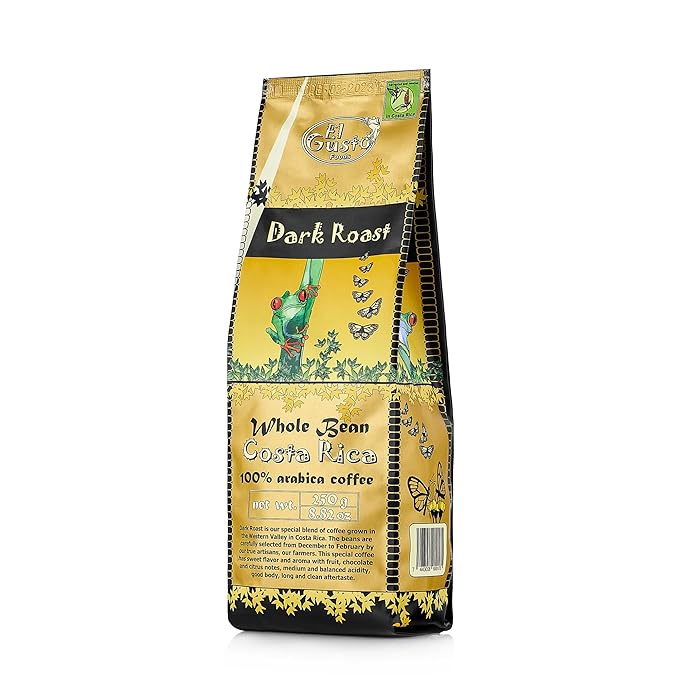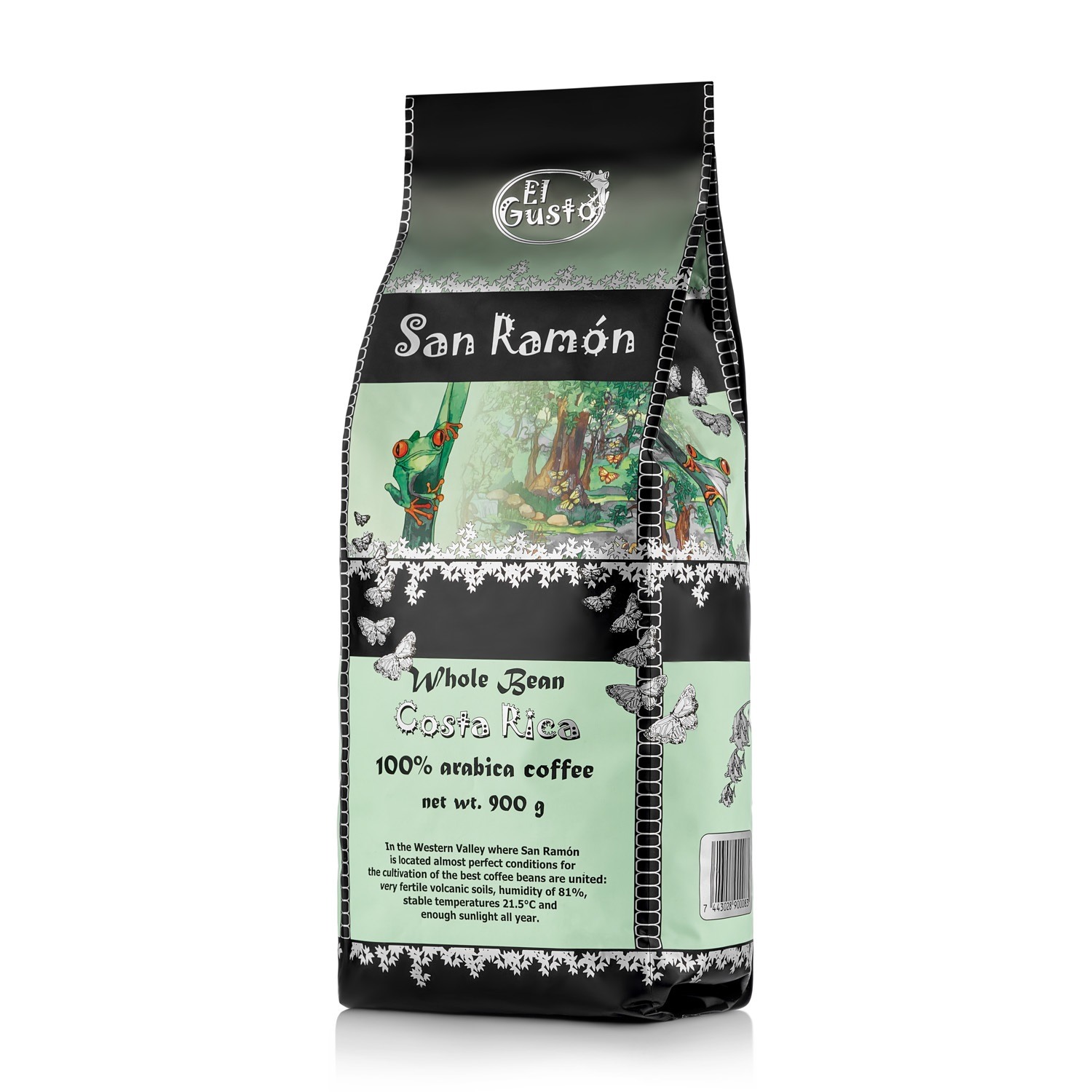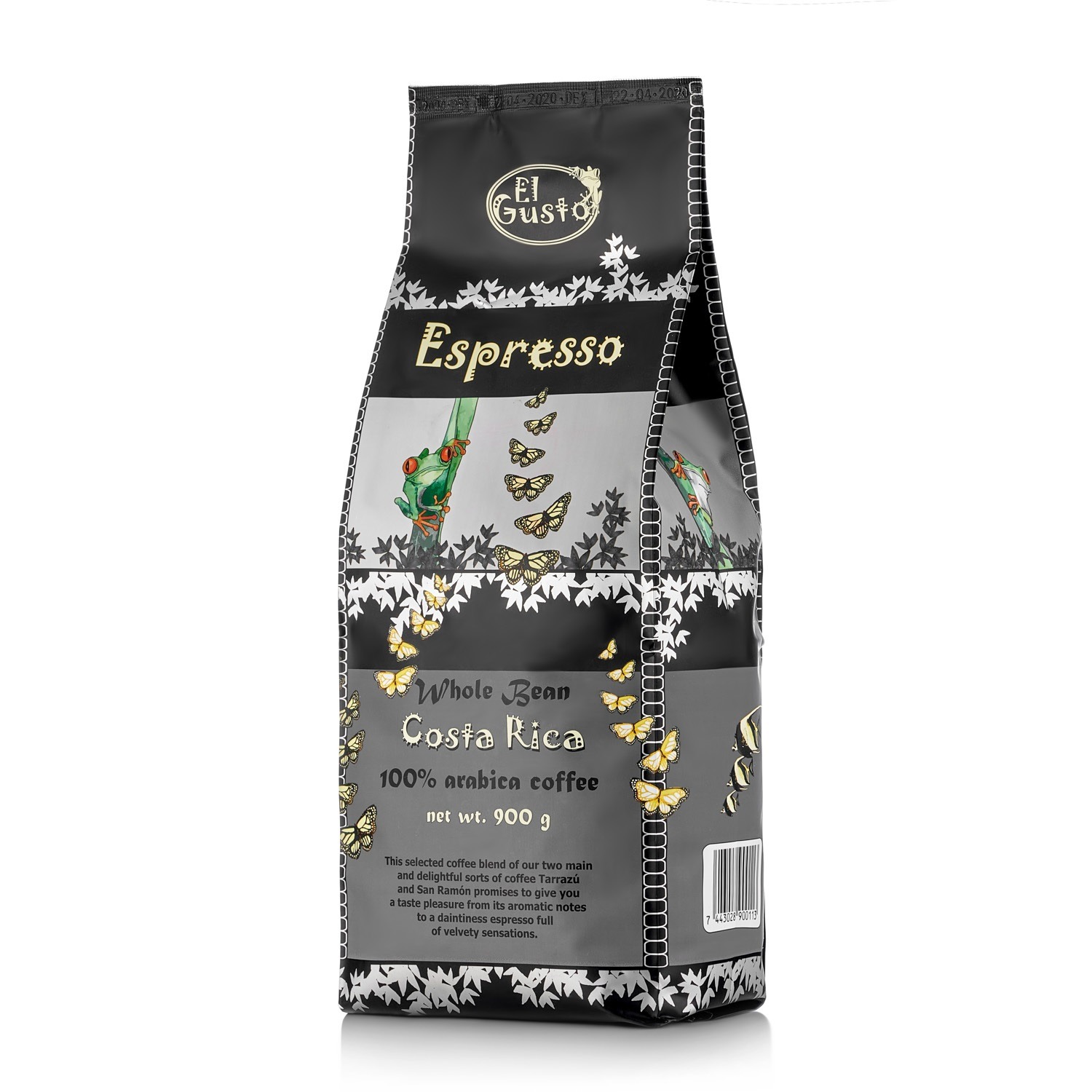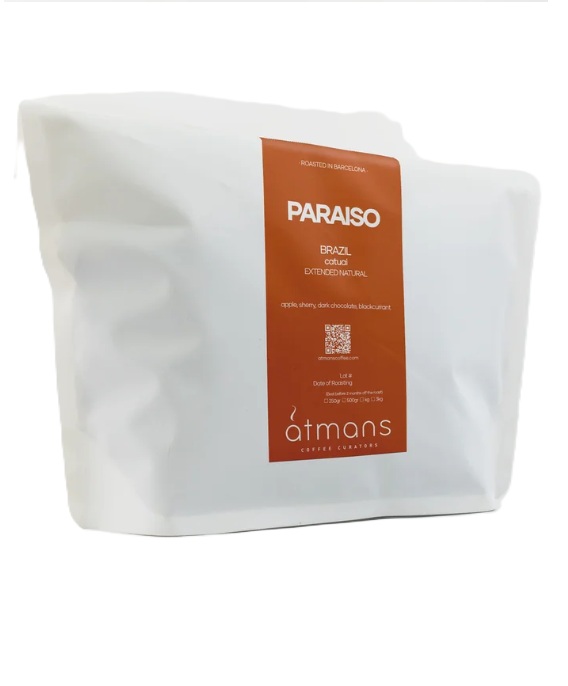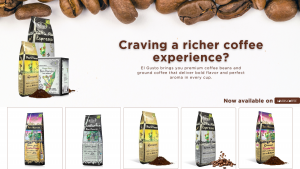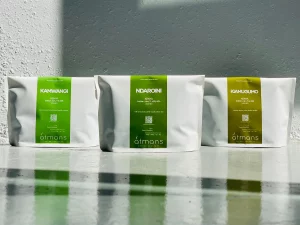
How to Choose Ethical and Sustainable Coffee Brands
Table of Contents
- 1. Understanding Ethical and Sustainable Coffee
- 2. Look for Certifications
- 3. Choose Shade-Grown Coffee
- 4. Consider the Origin
- 5. Research the Brand’s Commitment to Sustainability
- 6. Opt for Compostable or Recyclable Packaging
- 7. Support Local and Small-Batch Roasters
- 8. Be Mindful of Coffee Pods
- 9. Consider Carbon-Neutral Coffee Brands
- 10. Spread Awareness and Make Conscious Choices
- Conclusion
How to Choose Ethical and Sustainable Coffee Brands
- azeem memon
- 10-02-2025
- 10-02-2025
- 16683 views
- Coffee Beans

Coffee is more than just a morning ritual—it’s a global industry that affects millions of people and ecosystems worldwide. With the growing awareness of environmental and social issues, many consumers are now looking for ethical and sustainable coffee brands. But how do you determine if your coffee is truly ethical? In this guide, we’ll explore the key factors to consider when choosing sustainable coffee brands and how your choices can make a difference.
1. Understanding Ethical and Sustainable Coffee
Ethical and sustainable coffee means that it is produced in a way that considers both environmental conservation and fair treatment of farmers. It ensures:
- Fair wages and working conditions for farmers
- Environmentally friendly farming practices
- Reduction of carbon footprint
- Support for local communities
By choosing ethical coffee, you are supporting both the farmers and the planet.
2. Look for Certifications
One of the easiest ways to identify sustainable coffee is by looking for certifications on the packaging. Here are some of the most recognized ones:
- Fair Trade Certified: Ensures farmers receive fair wages and work in safe conditions.
- Rainforest Alliance Certified: Promotes environmental conservation and sustainable farming.
- USDA Organic: Guarantees that the coffee is grown without synthetic pesticides or fertilizers.
- Bird-Friendly Coffee: Protects bird habitats by maintaining shade-grown coffee farms.
- Direct Trade: Encourages transparency by allowing roasters to work directly with farmers, often paying above fair trade prices.
3. Choose Shade-Grown Coffee
Shade-grown coffee is cultivated under the natural canopy of trees, preserving biodiversity and reducing deforestation. This method:
- Protects wildlife and bird species
- Prevents soil erosion
- Requires fewer chemical inputs
Brands that prioritize shade-grown coffee are often more environmentally responsible.
4. Consider the Origin
The region where coffee is grown significantly impacts its sustainability. Some countries and cooperatives have better regulations and fair trade practices. Look for brands that source their beans from:
- Ethiopia – Known for its smallholder coffee farms and biodiversity.
- Colombia – Many farms here follow ethical sourcing practices.
- Costa Rica – Emphasizes sustainability in coffee production.
- Peru – A leader in organic coffee farming.
Researching the origin helps ensure that you’re supporting ethical farming communities.
5. Research the Brand’s Commitment to Sustainability
Not all brands with sustainability labels are genuinely committed. Check a company’s website for transparency about its sourcing practices. Ethical brands often:
- Provide details about their farmers and sourcing process
- Offer fair compensation to workers
- Implement eco-friendly production techniques
- Invest in community development programs
6. Opt for Compostable or Recyclable Packaging
Sustainability isn’t just about how coffee is grown—it also includes packaging. Many companies now use:
- Compostable bags made from plant-based materials
- Recyclable coffee pods
- Minimalist packaging to reduce waste
Avoid plastic-heavy packaging and opt for brands that use sustainable materials.
7. Support Local and Small-Batch Roasters
Local coffee roasters often prioritize ethical sourcing and sustainable business models. When you buy from small-batch roasters, you:
- Reduce carbon footprint by minimizing transportation
- Get fresher coffee
- Support small businesses that care about sustainability
Check out local roasters in your area that source responsibly and roast fresh beans.
8. Be Mindful of Coffee Pods
Single-use coffee pods contribute significantly to plastic waste. If you use a pod-based system, consider:
- Brands offering compostable or recyclable pods
- Refillable pods that let you use your own coffee
- Switching to traditional brewing methods like French press or pour-over
9. Consider Carbon-Neutral Coffee Brands
Some coffee companies go beyond fair trade and organic by offsetting their carbon footprint. Carbon-neutral brands:
- Invest in reforestation projects
- Use renewable energy in production
- Reduce emissions in transportation and packaging
10. Spread Awareness and Make Conscious Choices
Choosing ethical coffee is just one step—spreading awareness amplifies the impact. Share information with friends and family, and encourage cafes to stock sustainable options.
Conclusion
The choices you make as a coffee consumer have a lasting impact on farmers, the environment, and the future of coffee production. By prioritizing ethical and sustainable brands, you can enjoy your daily cup knowing you’re making a positive difference.
Next time you shop for coffee, look for certifications, check for transparency, support local roasters, and consider eco-friendly packaging. Your choices matter, and together, we can make coffee more sustainable for generations to come.








